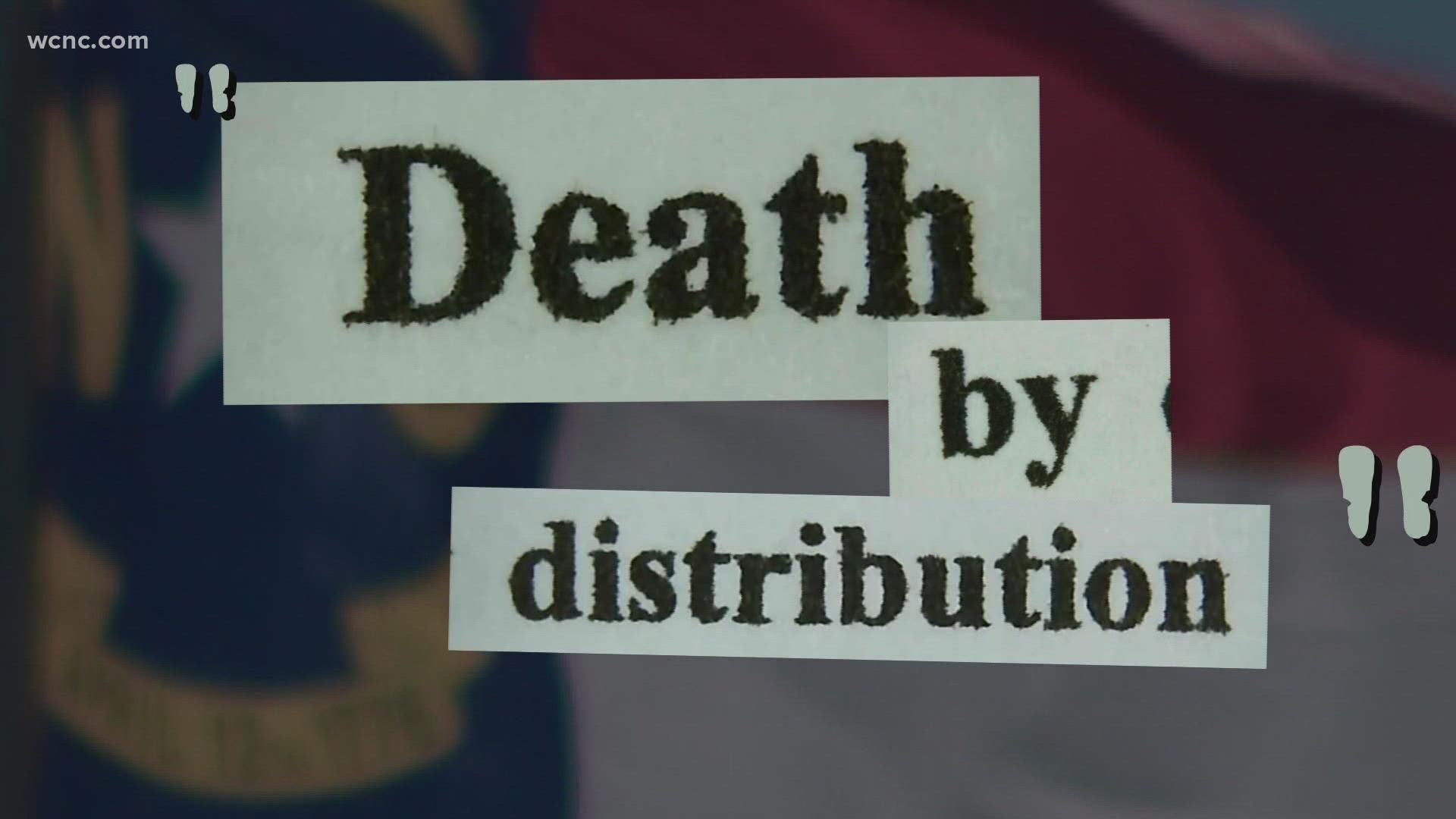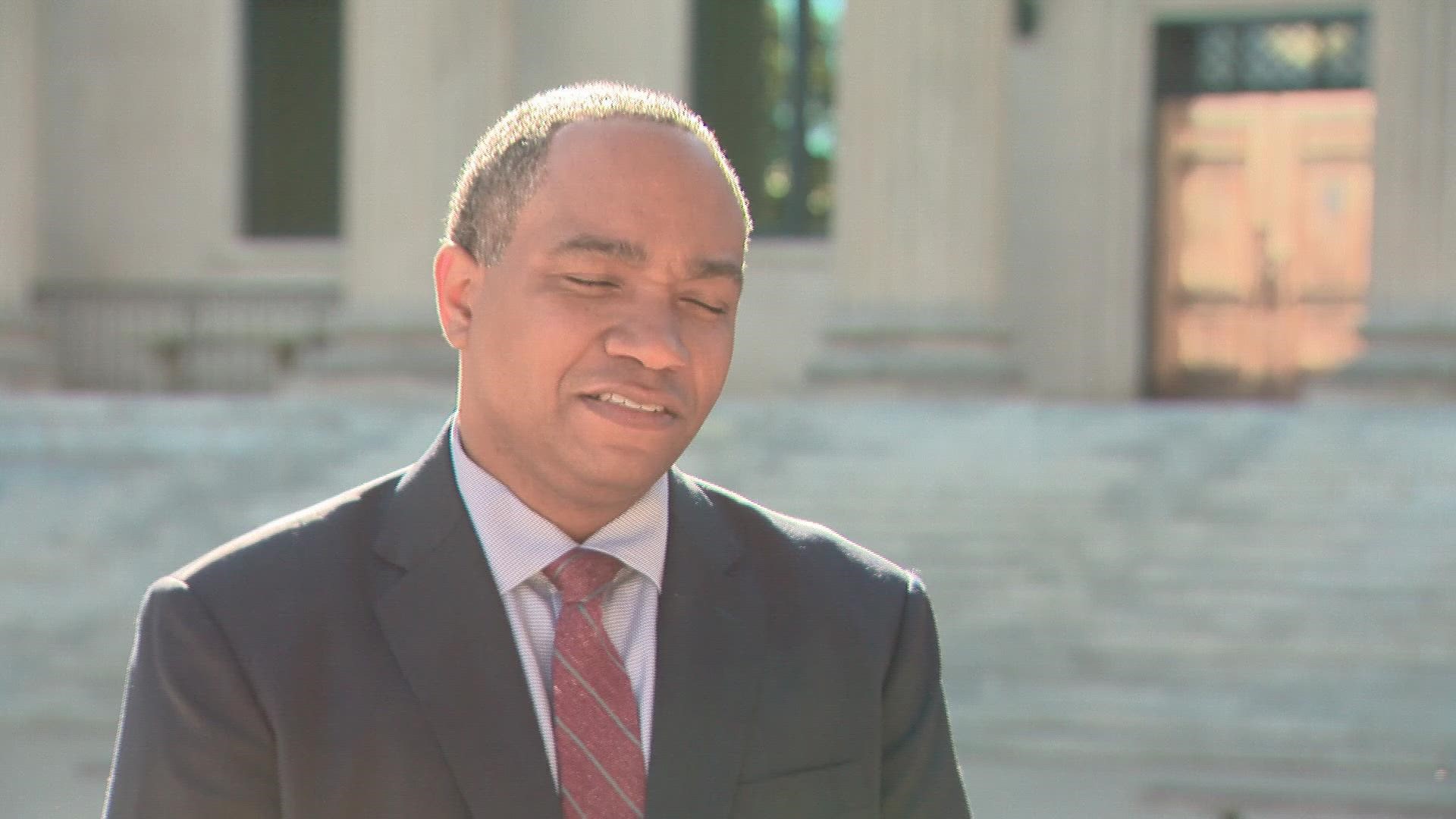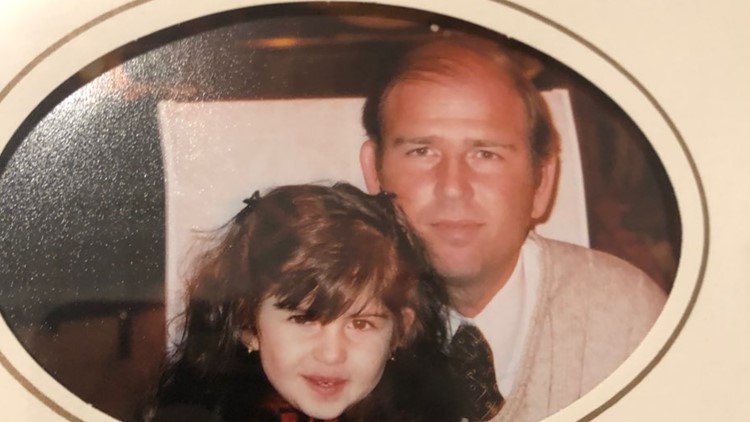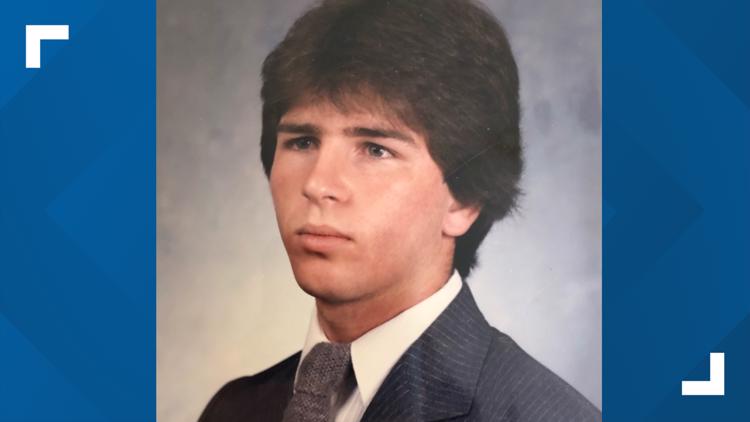'I want him to have his justice' | Despite new overdose law, few charged with death by distribution
Police across North Carolina have charged fewer than 75 people with death by distribution two years after lawmakers created the charge to combat rising overdoses.

Faced with an uncontrollable number of drug overdose deaths, North Carolina leaders passed a bi-partisan law meant to hold drug dealers accountable, but a WCNC Charlotte investigation found police rarely arrested suspects for the newly created charge of death by distribution in the first two years of its existence.
The felony, when charged as "aggravated," holds a sentence of up to 40 years in prison, but court records reveal few drug dealers across the state actually face the crime.
"I want him to have his justice"
Izzy D'Alo is still waiting for justice a year after her father's fatal overdose. James D'Alo died on Jan. 18, 2021, in Stallings, North Carolina -- a southeastern suburb of Charlotte. The medical examiner ruled the 50-year-old's death accidental and suspected fentanyl as the source.
"I had a feeling my dad was just going to be viewed as another drug addict and he wasn't," his daughter said. "Since he died, I've learned a lot about him and his struggles and what drove him to that path and it's really sad."
In the year since his death, D'Alo learned more about her father. She discovered he only started relying on drugs after a brain injury, but one key detail remains a mystery: Who gave him the fatal fentanyl dose?
"I want him to have his justice," she said. "I want that person to be found."
Unsatisfied with the Stallings Police Department's investigation into his death, which remains pending more than a year later, the UNC-Chapel Hill journalism student started seeking solutions.
“I didn’t want him to die and just be another like junkie," she said.
More common than murder
While homicides largely get the most attention from law enforcement and the public, state data show fatal overdoses are far more common than murders. Nearly 4,000 people in North Carolina died of suspected overdoses in 2021, which is a 26% increase from the previous year, according to state data.
Lawmakers created the "Death by Distribution Act" in 2019 in hopes a new charge would help, but court records show police across North Carolina have charged fewer than 75 people with death by distribution” since 2019. During that same timeframe, state records identified about 7,000 suspected overdose deaths.
More than 300 fatal overdoses in Charlotte alone, just two people charged
Court records show the charge is especially rare in the City of Charlotte. Data shows a drug dealer is more likely to get arrested for death by distribution in neighboring rural counties than by the Charlotte-Mecklenburg Police Department.
"It's not that we don't want to," CMPD Vice and Narcotics Unit Supervisor Lt. Sean Mitchell told WCNC Charlotte. "It's just that it is very, very difficult to get those cases made. To arrest someone who has dealt drugs to someone who has died from that, that is a very complicated case to make."
Lt. Mitchell said, in order to file charges, investigators need to prove the drug dealer sold to that one person and the amount they provided, in one dose or over a period of time, was enough to cause the user’s death.
Prosecutors dismissed the only two cases CMPD brought forward, linked to the death of a woman who bought drugs from three people, according to court records. The records show, even after the police department's "extensive investigation," prosecutors could not prove any one person sold the crack cocaine that killed her. Although prosecutors dismissed CMPD’s death by distribution charges, those suspects are still facing other drug-related charges, according to court records.
Mecklenburg County District Attorney Spencer Merriweather said while the law was well-intentioned, the common lack of hard evidence limits its use. He said there are "complicated" challenges with overdose investigations that make it difficult to narrow down a culprit.
"While I believe that the death by distribution legislation certainly presents yet another tool for prosecutors and others to use, it's certainly not going to be a fix-all to what remains very challenging cases," he told WCNC Charlotte. "It still remains a challenge, just like any other kind of homicide."
His office identified one other death by distribution case, charged by the Huntersville Police Department, that remains pending.
“The only thing that the death by distribution law did was take away the malice element," Merriweather said. "It's not without some improvement, but those cases remain extremely challenging."
"Our stance is an aggressive" stance"

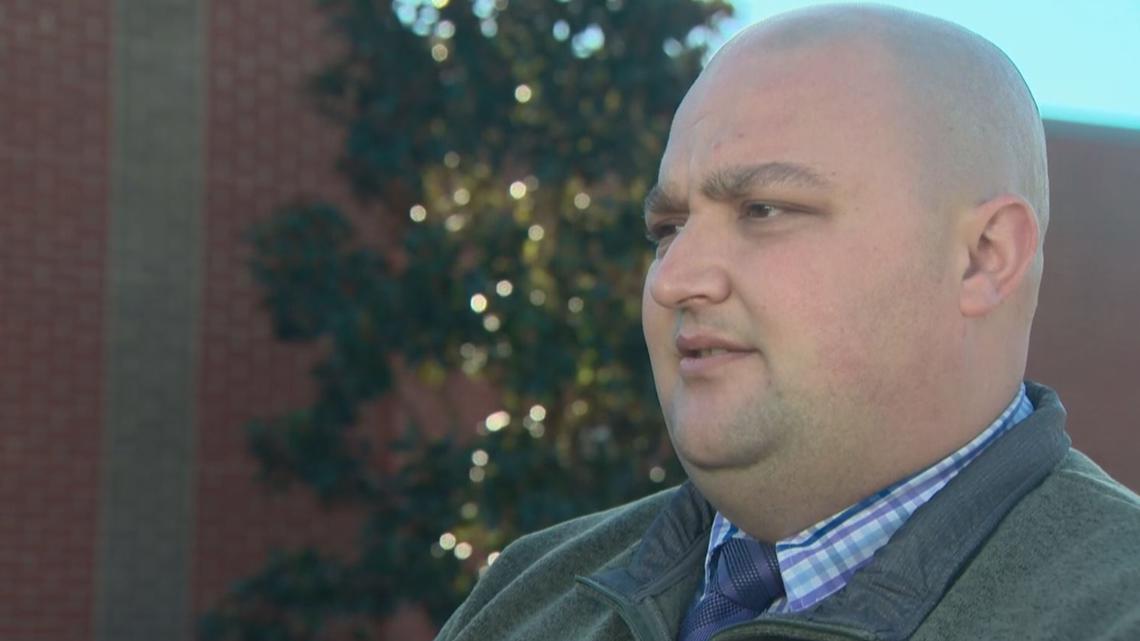
The Union County Sheriff's Office is a strong supporter of the charge. The agency is home to nine times fewer fatal overdoses, yet twice as many death by distribution cases as CMPD.
"Our stance is an aggressive stance on it," UCSO Public Information Officer Lt. James Maye said. “We feel like it's a stance that every law enforcement agency should have."
Lt. Maye said the agency has used cell phone evidence, surveillance footage and witness statements to charge four people, out of roughly 40 fatal overdoses, with the crime. That’s on the high end, according to court data, compared to others across the state. Lt. Maye expects more charges in the near future too.
"The families that have lost loved ones have expressed to us how much they want us to work to find these traffickers and to get this stuff off our streets," he said.
Prosecutors told WCNC Charlotte one of the suspects pleaded guilty to involuntary manslaughter, while the three other cases remain pending. Lt. Maye only has anecdotal evidence, but he thinks the arrests are sending a message.
"We have seen throughout our investigations that some dealers will not come into Union County now," he said. "They actually want the person to buy the drugs outside of our county, because they know the risk of getting caught is higher."
State data show other rural counties have charged several suspects too.
"How many more people are going to die from this person?"
Izzy D'Alo knows cases that are unsolved feel unresolved. She gave the police her father's phone and continues to push them to find his killer.
"My dad needs his justice," she said. "How many more people are going to die from this person who’s distributing that and they haven’t found them?”
PHOTOS: Izzy and James D'Alo
Stallings Police Department Lt. R.H. Cranford said the agency is still investigating James D'Alo's death.
"I cannot release any additional information related to the case while the investigation is ongoing, at this time," he told WCNC Charlotte in early January.
Izzy D'Alo, a student journalist, hopes her questions open doors for other grieving families too.
"I wanted to help people and so when my dad died, it definitely gave me another reason to help give that voice to people who no longer have one," she said.
Contact Nate Morabito at nmorabito@wcnc.com and follow him on Facebook, Twitter and Instagram.


